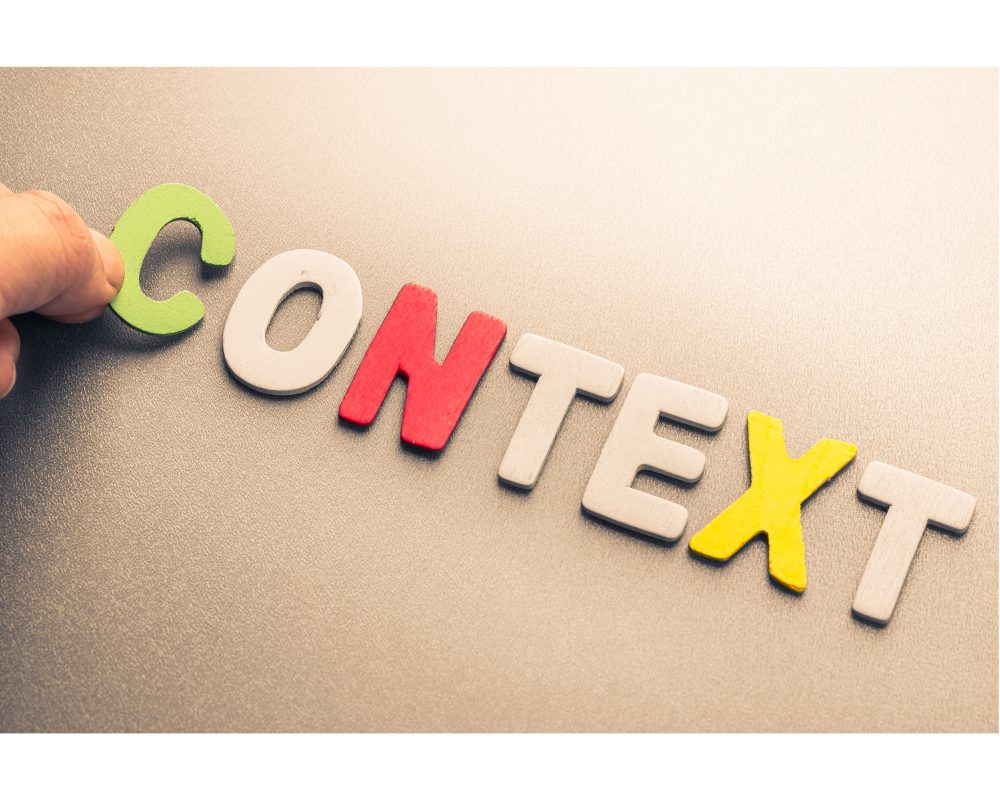Lost & Found in Translation: The Importance of Context
|
Font size:
For years, writers and marketeers have said that “content is king.” Well, that’s still true, but in a global marketplace, where reaching different geographical audiences is the name of the game, you could also say that “context is king.”
We’ve all heard the old joke about the generic survey question… Sex? No thanks, I’m married! While in the UK it’s a corny stand-up line, in some Eastern European countries, it takes the form of an anecdote. True story? We’ll never know!
These days, most survey compilers prefer to use the term “gender.” It’s more neutral, more inclusive, and while it means the famous gag will probably die out in a few years, perhaps that’s no great loss.
The point for translators, however, is that context is key. Misunderstanding the context of a word or phrase might be the basis for comedy routines the world over, but when a multi-billion dollar transnational conglomerate gets it wrong, they really aren’t laughing. Mind you, translation fails can still raise a chuckle for the rest of us!
Take American brewer Coors, for example. Their “Turn It Loose” campaign made headlines in Spain for all the wrong reasons a few years ago. Translated into Spanish, the expression could also be interpreted as, ahem, “Suffer from diarrhoea”… Ay, Dios mio!
Or how about auto giant Ford? They scored an epic fail with a Belgian ad campaign. Instead of promoting their original slogan: “Every car has a high-quality body,” they cheerfully announced that “Every car has a high-quality corpse.” Ouch!
And spare a thought for Swedish vacuum maker Electrolux and the excitement they felt over the unprecedented cleaning power of their new model, which inspired their proposed U.S. slogan “Nothing sucks like an Electrolux.” Someone must have been carpeted for that one. What? Oh, that’s a British idiom for severely reprimanded. Tricky business, this localization lark, isn’t it?
To interpret the meaning of a source text correctly, whether you’re dealing with a financial translation or technical product descriptions, professional linguists need as much additional detail as possible. There are times when certain sections have to be translated word-for-word, and that’s why it’s essential for a translator to be given a proper brief, so that they’re fully aware of the overall concept.
Not every word has an exact equivalent in other languages. The art of translation is, above all, about converting the sense and tone of copy across language barriers. This not only requires professional translators who are genuinely bilingual, but who have proper expertise in the relevant industry. Google Translate might be able to give you the gist of a text, but when its algorithm translates Amsterdam from Dutch into English as London, you can instantly understand the limits of machine translation.
The human race has been wrestling with problems like these since… oh, the Tower of Babel? 500 years ago, the Catholic Church adopted the Vulgate as its official Latin version of the Hebrew text of the Bible. It contained the rather unfortunate error that Moses’ “face was horned from the conversation of the Lord” instead of “his face shone” as it should have read. And that was the sculptural brief given to a certain Michelangelo Buonarroti… he didn’t mean to be anti-semantic!












